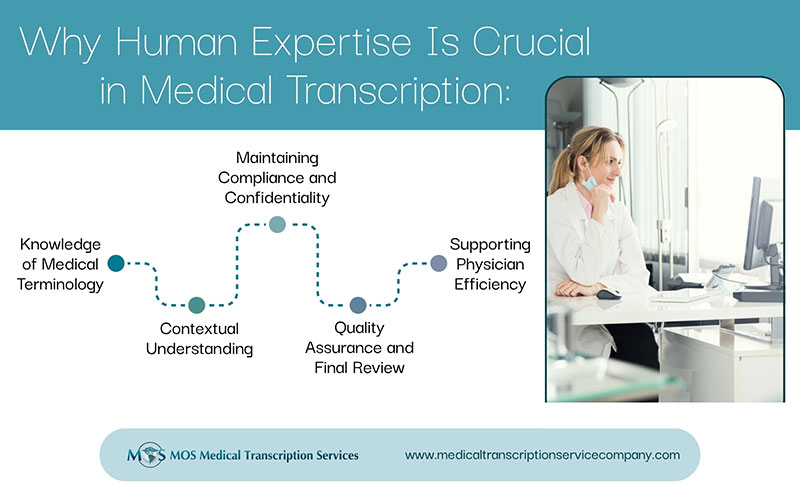 The internet has transformed the way we live, and how we work and interact with others. The internet of things has revolutionized the practice of medicine. Interregional and global communications, methods of practice and practice management have all been impacted. The Internet facilitated outsourcing. Today, the internet benefits healthcare providers by allowing them to outsource medical transcription, medical coding and billing, document conversion, and much more. However, one of the most significant changes that the internet has brought about is in the patient-physician relationship. As an article published by www.macleans.ca notes, “patient-based medicine” and doctor-patient “shared decision making” are the new buzzwords that reflect the current medical moment.
The internet has transformed the way we live, and how we work and interact with others. The internet of things has revolutionized the practice of medicine. Interregional and global communications, methods of practice and practice management have all been impacted. The Internet facilitated outsourcing. Today, the internet benefits healthcare providers by allowing them to outsource medical transcription, medical coding and billing, document conversion, and much more. However, one of the most significant changes that the internet has brought about is in the patient-physician relationship. As an article published by www.macleans.ca notes, “patient-based medicine” and doctor-patient “shared decision making” are the new buzzwords that reflect the current medical moment.
- Patients have more control over their health care: The internet is a storehouse of medical information and provides access to online medical advice, computer-based home-monitoring systems, and online support groups. Patients use Dr Google to decipher symptoms, diseases and possible treatments for illnesses. Many patients do extensive research online about their medical condition before their office visit. This has made them more proactive about their health care.
- Acknowledging patients’ efforts can contribute to a positive physician-patient relationship: Physicians can improve their interactions with patients by acknowledging their efforts to learn more about their condition via online research. It will be easier to have a positive conversation when the patient’s efforts are validated and acknowledged. Physicians will tend to be more receptive to information presented by a patient with whom they have a standing relationship than by a new patient.
- The ‘informed’ patient can be a detriment: Educated patients tend to have more practical discussions with their providers. However, not all of the medical information available online is reliable. Patients who are not discerning may be misled by websites that are focused on selling their product or service rather than providing genuine information about a medical condition or treatment.
- Physicians as curators of web-acquired medical information: The traditional role of the physicians as the receptacle of medical knowledge has changed to a curator of web-acquired medical information. As an expert points out in a recent Medscape report, “The relationship that the patient has with a physician now is for the physician to curate the information and customize it for the patient’s particular circumstance”. Physicians now have the duty to explain or authenticate the information that the patient has obtained online. They need to provide patients with reliable websites from which to they can get information.
- Cost-effective, time-saving telemedicine consults: One of the most significant ways that the Internet has transformed the physician-patient relationship is through telemedicine. Forbes reported that with expanding health insurance coverage, the number of virtual video consultations between primary health care providers and their patients in the U.S. will double by 2020. Virtual consults are touted as saving time and money for the physician and patient alike.
- Patient engagement through social media: The internet and social media have connected previously isolated people. They can share a diagnosis and use social media platforms to exchange information and even mobilize. Studies show that it is younger patients who use social media to discuss health care and that usage is lagging among people over 65 years of age, and those with multiple chronic conditions.
Medical News Bulletin recently reported on a study that Flemish researchers conducted to investigate the link between Dr. Google and doctor-patient interactions. The team found that:
- Patients generally search online for medical information to help guide their decisions
- In most cases, this behavior does not cause heightened anxiety in patients
- Physicians considered information-seeking behaviors may be beneficial to their relationships with patients.
- Patients’ use of the internet has made consultations more of an exchange of information, which helps physicians in diagnosis and development of the treatment plan and encourages patient involvement in health outcomes.
- Information exchange at the consultation can be a good starting point for physicians to provide their patients with reliable references for health information, so that they do not consult unreliable sources and cause themselves anxiety.
The physician-patient relationship is central to the practice of medicine. Any strategy that enhances this bond is vital to improving the delivery of care. The electronic health record (EHR) may have improved practice efficiency and workflow, but studies show that it has affected physician-patient communication. Medical transcription companies play a key role in bridging the gap by providing EHR-integrated medical documentation solutions.


